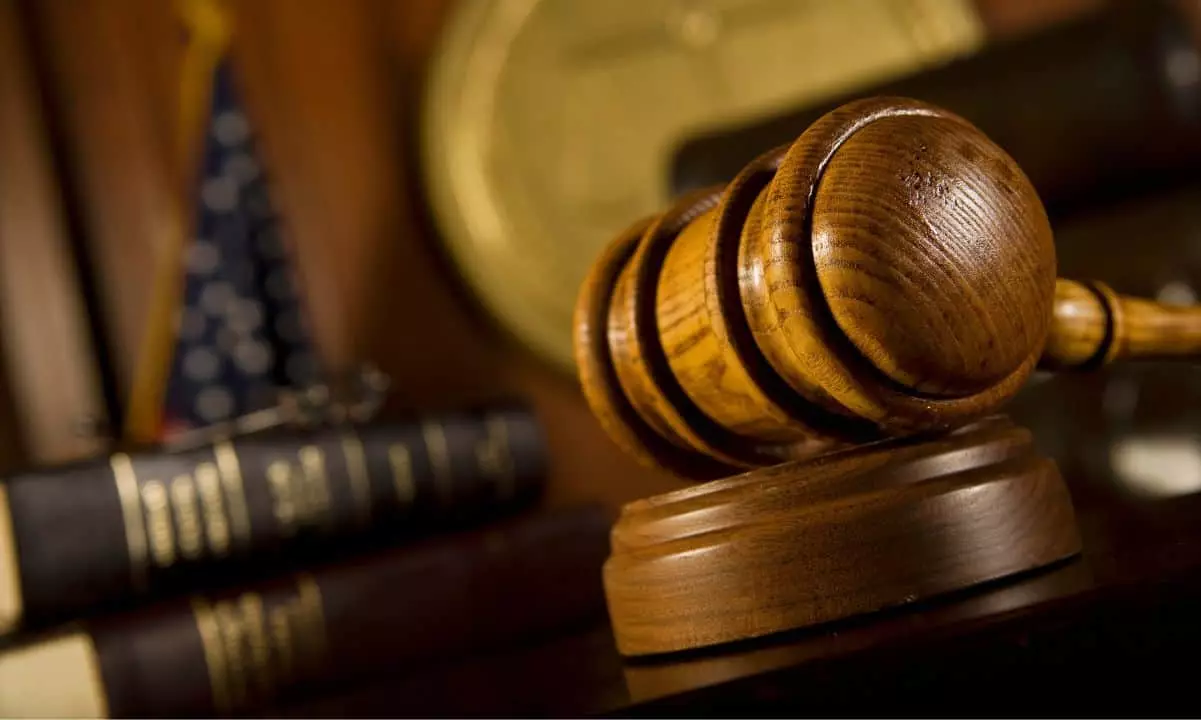In a remarkable case that intertwines technology, law, and cryptocurrency investment, James Howells is taking Newport Council to court in an audacious lawsuit aimed at recovering 8,000 Bitcoin (BTC), a veritable fortune lost inadvertently in 2013. The sum at stake is nearly 500 million pounds, equivalent to approximately $646.4 million at the cryptocurrency’s peak. This article delves into the nuances of this bizarre case, touching on issues of ownership, environmental law, and the relentless pursuit of a man determined to reclaim what he believes is rightfully his.
Howells’s journey began as an ordinary tale of an early Bitcoin adopter. Initially mining BTC at a low cost, he later inadvertently discarded a hard drive containing his wallets during a chaotic home office clearance. According to Howells, a miscommunication with his then-partner culminated in this tragic loss. As Bitcoin’s value exploded over the years, transforming into a lucrative digital asset, the psychological weight of his loss intensified, leading him to pursue legal action against the Newport Council.
Despite his best efforts over a decade, Howells claims that his pleas for assistance have been largely ignored. His lawsuit, positioned as a “last resort,” highlights a desperate and heartfelt quest as he navigates the labyrinth of legal and bureaucratic hurdles, yearning for the chance to excavate the landfill where he believes his lost asset lies.
At the crux of Howells’s lawsuit is the assertion that the hard drive, carelessly discarded, never relinquished its ownership. His argument centers on the notion that he did not intend to abandon the data—an argument countered by Newport Council’s lawyers who assert that possession equals ownership. The council maintains its legal rights over the hard drive since it was considered waste once disposed of. This legal doctrine, while seemingly unyielding, raises broader questions about the nature of digital ownership—a conundrum that touches many in the cryptocurrency sector.
Compounding the legal battle is the environmental angle, as Howells’s team has proposed an ambitious excavation project estimated to cost around £10 million ($13 million). They argue that not only could they recover the hard drive—believed to be located in “Cell 2 – Area 2” of a local landfill—but their efforts could enhance safety and environmental conditions at the site, which the council has struggled to maintain. Since 2020, this landfill has faced scrutiny for excessive hazardous waste levels, raising alarms from environmentalists and local activists alike. Thus, the excavation proposal may serve multiple purposes—recovering cryptocurrency while simultaneously addressing environmental concerns.
Community sentiment regarding the lawsuit is remarkably mixed, as local residents grapple with the implications of such a contentious legal battle. While many sympathize with Howells—recognizing the monumental change in fortunes that could emanate from the successful recovery of his digital assets—others express skepticism about the feasibility of his recovery plan and the operational logistics involved in excavating a landfill.
Moreover, some members of the community voice concerns regarding Newport Council’s perceived inaction and how this legal strife might impact the already fragile relationship between residents and local governance. For many, Howells’s plight epitomizes a deeper struggle between individuals advocating for their rights and bureaucratic institutions bound by rules and regulations.
As the court hearing looms in December, both Howells and Newport Council find themselves at a pivotal crossroad, where their respective futures intertwine with technological, legal, and financial implications. Howells remains determined, stating he will not cease efforts until a judge intervenes to halt him definitively. This determination underscores a larger narrative about inherent rights, the evolving nature of ownership in the digital age, and the relentless human spirit embodied in one man’s journey to reclaim lost treasure.
This case not only raises questions about property rights and environmental responsibilities but also reflects the growing importance and complexity of digital assets in modern society. As the world watches, the outcome of this legal dispute may set critical precedents for future cases involving cryptocurrency and its owners’ rights.

